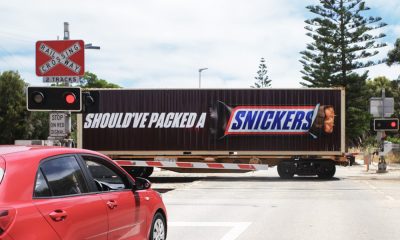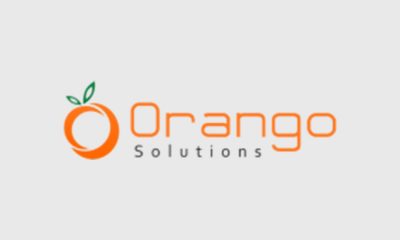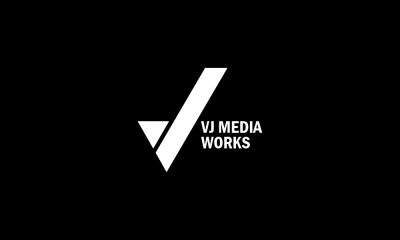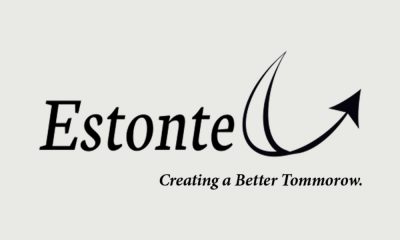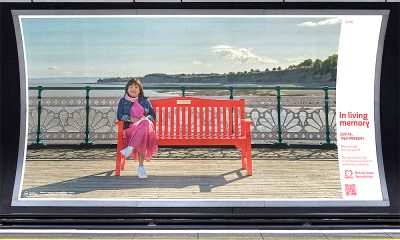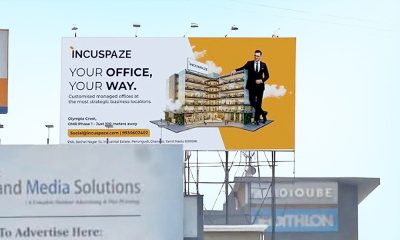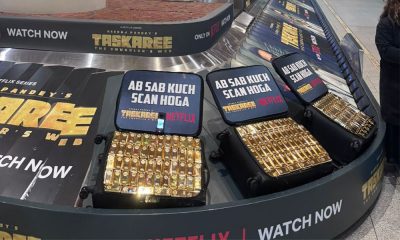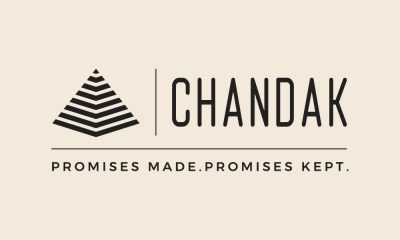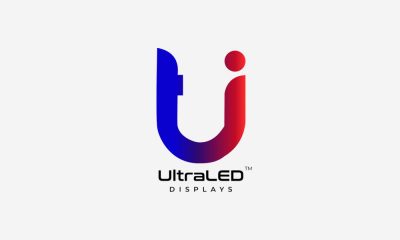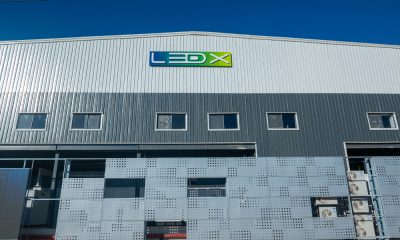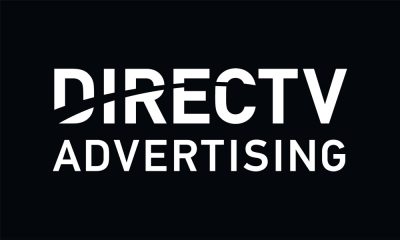New Trends
‘Not a box-ticking exercise’
Joel Turner, Commercial Director, 75Media, the UK calls for a purposive approach to sustainability, in an interview with Rajiv Raghunath
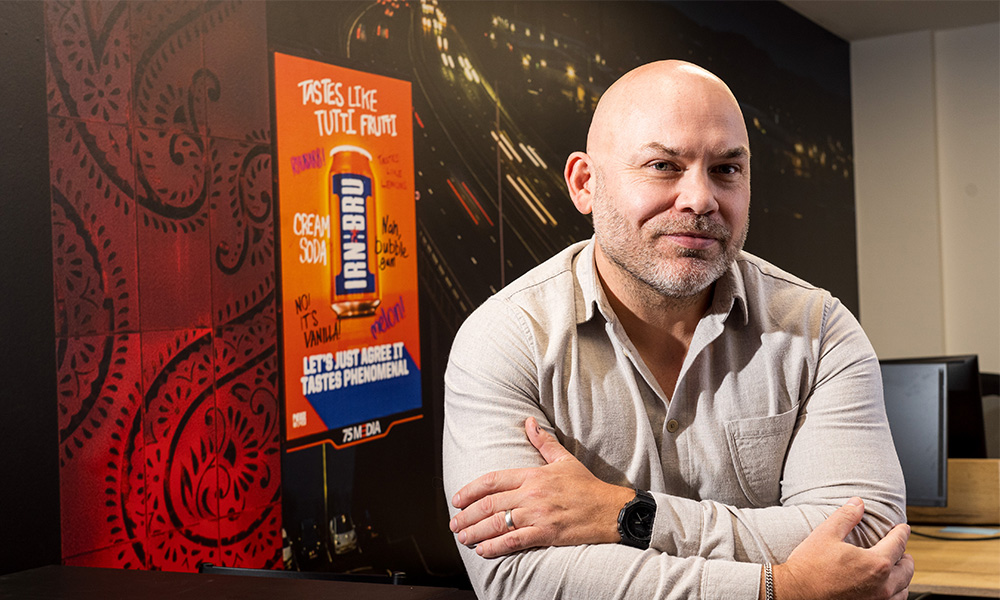
75Media has unveiled its ESG plan. How important is it for OOH firms to be aligned with the UN SDGs?
We’ve discovered as part of our journey in sustainability that there are a lot of different standards and protocols, so it is not an easy landscape to navigate.
The UN SDGs are far reaching in scope and are globally respected. As a result it made sense to use them as a starting point for our strategy.
They provide a framework to look at sustainability as a whole. As an industry we have such a big contribution to make in a number of ways, and already give so much to the communities we operate in. The SDGs have helped us think expansively about what we can and are doing, and in that regard I think they would be a great starting point for others in the OOH industry. It can often be a challenge figuring out where to start in terms of your priorities. The UN SDGs can be invaluable in helping to really hone in on the areas which will be most effective for you as an organisation, and show where you can make the biggest impact.
OOH media operations are a part of the advertising value chain. Do you see all entities in a value chain progressively adhering to the sustainability path for business?
Yes, there will be a greater commitment across the whole value chain. We see brands wanting greater alignment with their ESG strategies across their supply chains and it will be buying habits that drive the most change. We’re going so far as to say that by 2029, 90% of our spend will be with suppliers who have net zero targets. We won’t be alone in doing that – and so those companies who want to have access to sales opportunities will need to take action.
Agencies in OOH work with a number of media owners, so being able to understand the nuances of each organisation’s ESG strategy will be key and effectively communicating that to the brands they represent. The vice versa is also true; they need to communicate the expectations and requirements of their clients to media owners. The same is true of other intermediaries, such as ad tech platforms.
This process is obviously more straightforward in instances whereby we own the relationship with the brand.
How do you plan to measure the fulfilment of your ESG goals?
All our plans are measurable and align with science-based targets in the environmental sustainability space. Our strategy is visible on our website and we’ll produce a report each year outlining our progress which will be publicly available. It’s vital that any ESG goals are able to be measured and that companies are open about how things are going. Too much goes on behind closed doors or are vague in their objectives. Now is the time to be taking action which makes a meaningful difference.
We’re very clear as a leadership team that we don’t want to ‘greenwash’ 75Media, and we’re more than happy to share the positives and negatives of our efforts. After all, the aim to pursue a strategy – not seek to ‘complete’ sustainability as part of a box-ticking exercise.
In the DOOH space, are the sustainability norms fundamentally different from those that apply to classic media operations?
Ultimately sustainability in the DOOH space is about a cradle to grave understanding of the equipment and the impact of installing/maintaining it, as well as sensible energy usage. All our digital panels use 100% certified renewable energy, which is a great starting point – and we also deactivate screens during the night when roads are quiet.
Our classic, paper portfolio requires a different approach. We are moving to sustainable print that biodegrades and are also measuring the carbon footprint of posting sub-contractors.
There are key differences, but we’re building our understanding of both our classic and digital inventory and making sensible changes as we go.
Is it viable for all OOH firms to embrace ESG goals, in terms of cost of doing business?
Any change and costs are necessary and important. If all parties in the value chain understand that then any additional cost isn’t really an issue, as the market is prepared to bear it.
So, a common approach across media owners, agencies and brands is key to normalising and embedding sustainability considerations in the day-to-day of running campaigns.
There is a great willingness to do just that, and my experience at the recent WOO Conference in Hong Kong gave me great confidence that there is a shared desire for our industry to tackle these challenges in a unified manner, with a shared global perspective.
-

 International Events
International EventsYasuharu Sasaki, Global Chief Creative Officer, Dentsu, named Grand Jury President of ADFEST 2026
-
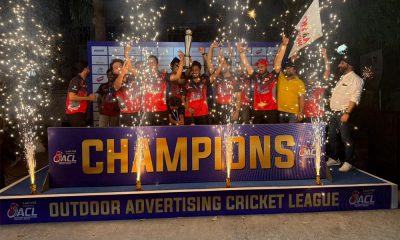
 Industry News
Industry NewsOOH industry hits the pitch at OACL 2026 in Mumbai
-
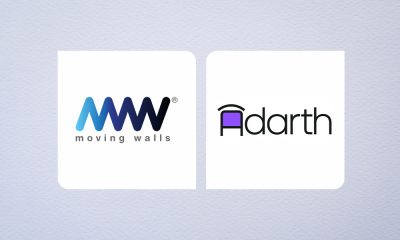
 Company News
Company NewsMoving Walls Group acquires OOH software provider Adarth
-
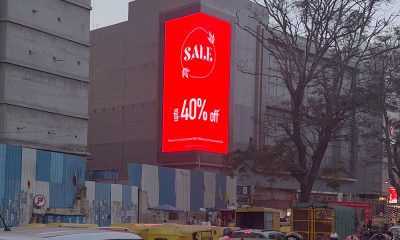
 Digital Display
Digital DisplayOne of South India’s largest anamorphic DOOH screens installed at Mantri Square Mall

